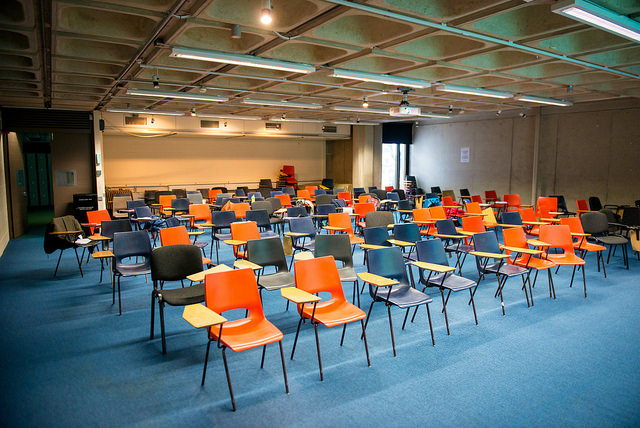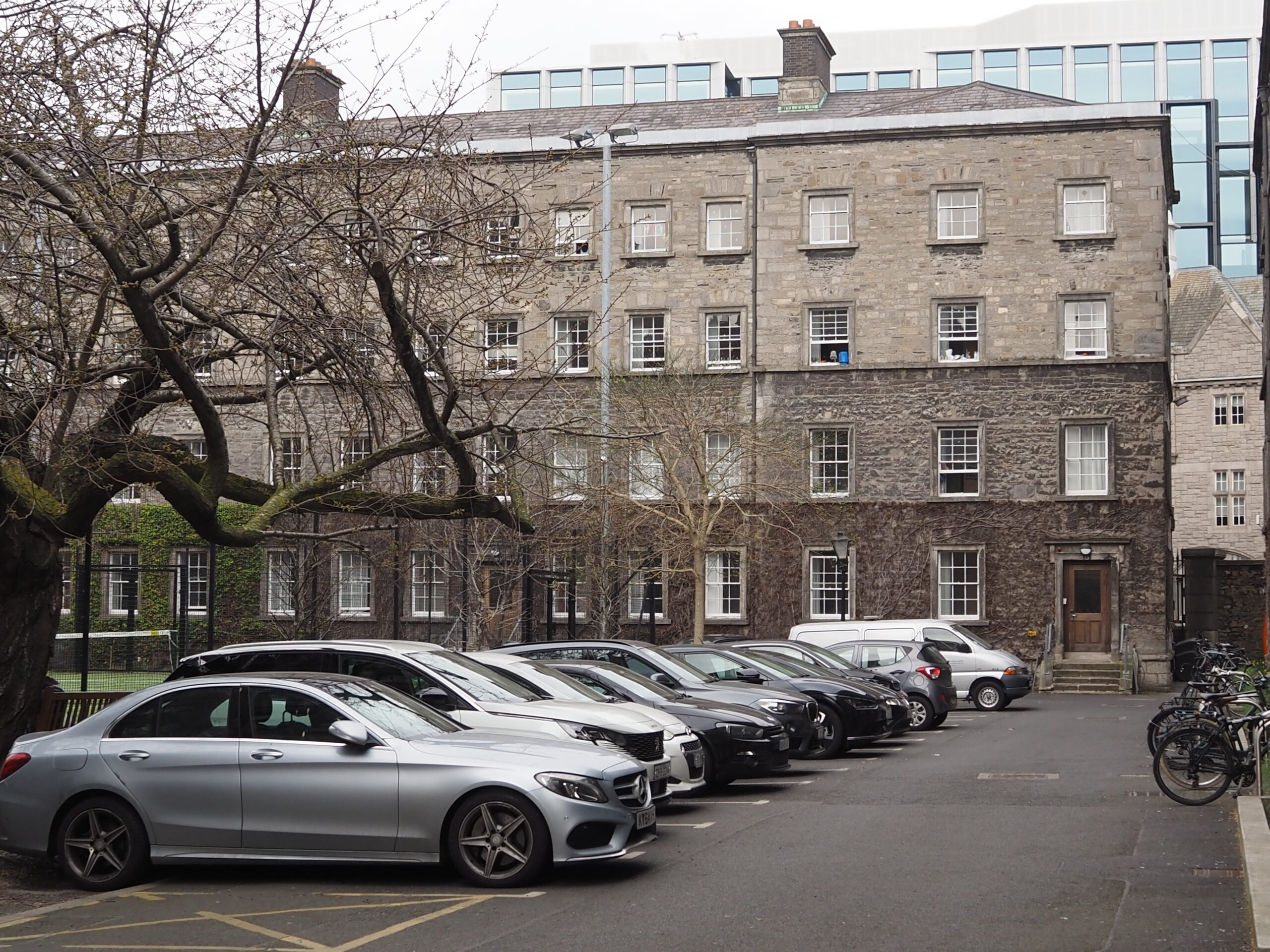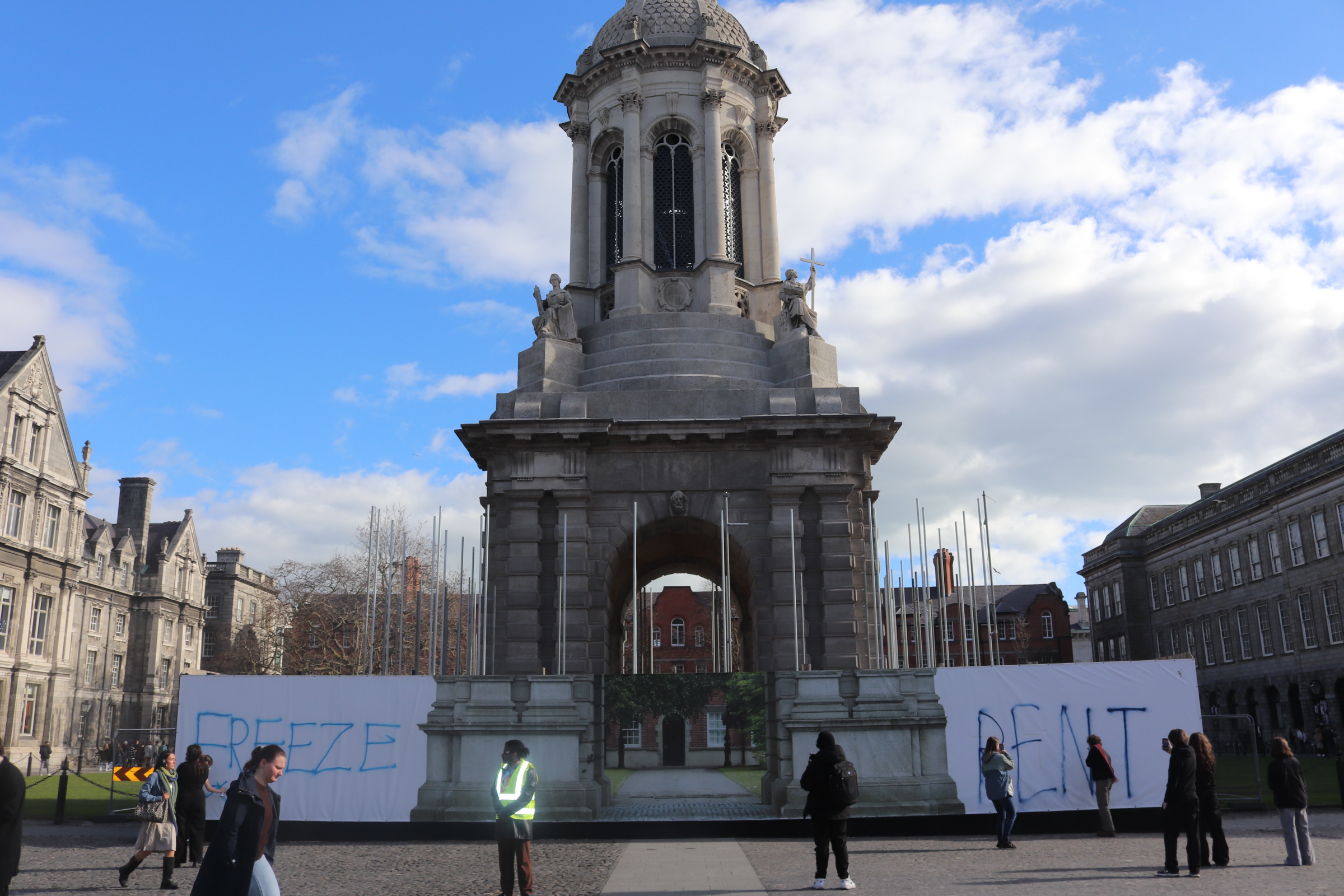Trinity’s ongoing reconfiguration of its undergraduate programme is seeking to get rid of Trinity’s two-subject moderatorship programme, commonly known as TSM, in its current form for students entering first-year in 2018-19, replacing the programme with a pathway that may include subjects not currently available as part of TSM.
Still in early consultation stages, the proposal seeks to replace the current TSM system and many of its joint degrees with new course combinations, such that the TSM name would not apply for incoming 2018/19 students. This would mean some existing TSM or joint course combinations may no longer be available, but that new combinations would be on offer.
While the logistics of introducing new two-subject combinations is being explored, as is the potential of introducing a third subject at some point in the degree, consultation is to begin with schools to determine what subject combinations should be introduced from an academic standpoint.
The move comes as the Trinity Education Project, a widespread reimagining of how Trinity students are taught and assessed, moves to reconfigure the College’s undergraduate curriculum. The ongoing work on TSM is led by the Education Working Group, one of five strands of the Trinity Education Project, which is chaired by the Vice-Provost, Prof Chris Morash.
Speaking to The University Times, Dale Whelehan, Education Officer of Trinity College Dublin Students’ Union (TCDSU), who sits on this strand, stated that it is currently expected that “both departments will have to agree for that combination to exist, or both will have to agree for that combination not to exist”.
This consultation is expected to include disciplines not currently included in the TSM programme, such as business, law and political science. This will result in new subject combinations available to students, with some combinations currently available on the CAO no longer on offer. “There are some combinations that haven’t filled quota, or haven’t had a person in that course for four or five years, and what’s the point in having a [combination] like that then, if something else could be offered?”, Whelehan stated. For example, while a combination of two particular subjects may no longer be on offer, both subjects would be offered in combination with different subjects instead.
The subjects on offer have been sorted into pillars, with students unable to choose two subjects in the same pillar. The pillars have been organised based on the popularity of existing course combinations, with the proposed pillars still under negotiation, and consultation still to be sent to heads of schools as well as directors of undergraduate teaching and learning in Trinity’s departments.
In an email to The University Times, Morash stated that this consultation is important because “we want to make sure that we don’t lose combinations that make sense to students”. At the same time, he emphasises that they do not “want to create a combination purely because it’s possible to do so, [particularly] if it makes no pedagogical sense”.
This new course structure would have to work in tandem with other proposals that have come as part of the Trinity Education Project, including fixed timetables, a change in course hours and assessment, new electives and a revised academic year structure including a Christmas exam week. None of these proposals have gone through the final stages of approval, with the revised academic year structure yet to receive the assent of the Fellows.
Morash stated that the College is still “modelling the effects on CAO entry”, meaning that it is still unknown exactly what effects such changes would have on student applications to these courses. Morash continued: “However, my sense is that demand for TCD programmes overall is generally so robust that changes have less impact here than elsewhere in the sector. I doubt very much that anything we could do would produce a massive drop in entry points.”
“In fact, one model done by the CAO itself shows that if all TSM entrants came through the same door, as it were, points for some subjects would actually increase”, he continued. Morash added that he “had a very good conversation” with Joseph O’Grady, General Manager of the CAO, “and will continue to work with him”, stating that O’Grady is “generally very supportive” of the Trinity Education Project.
While work is still ongoing in determining how students would apply for the course, Whelehan stated that it was highly unlikely students would apply via a general entry and determine their subject combination once in Trinity. “We cannot manage handling that allocation within Trinity, so it has to happen before students come here.”
Trinity has been under external pressure to reduce its number of CAO course codes. The sheer volume of course codes for TSM combinations means that Trinity has a disproportionately high number of courses available through the CAO. “We would have to send in the new course codes to the CAO”, Whelehan stated. “But we have the challenge then of trying to reduce our course codes.”
“We have been mindful of the wider sectoral movement to reduce course codes”, Morash stated. “However, the TSM programmes are unique in Ireland in their structure, and there are many valuable and distinctive aspects of what we do at Trinity that are made possible by that structure.” Morash added that “elements of it will certainly be preserved”.
“TSM’s strength is that you have those two, and you know you’re studying those two, and they very much don’t want to lose that”, Whelehan added. “They want to keep that integrity but don’t want to add new course codes to the CAO.”
Morash stated that the goal was to make the system “simpler for students”, and that this would involve “including as many programmes as possible in the same architecture”.
TSM is one of the most popular programmes in Trinity, with 328 of the new entrants to the College in 2014-15 entering through TSM, compared to 893 in the entire faculty of Arts, Humanities and Social Sciences.
The TSM programme is made up of 26 subjects, including languages, histories, humanities and maths, resulting in 183 possible combinations. Students can currently choose from a variety of pre-determined, two-subject combinations on their CAO form, studying both subjects for the first three years of their degree. In “pattern B” TSM combinations students choose one subject for their final year while in “pattern A” combinations students have the option of studying both subjects for the full, four years. Under both patterns, students graduate with a Bachelor of Arts, with both subjects named in the degree title.
Whelehan noted that the plan was “ambitious”, with plans to have new entrants in 2018/19 working off the new joint course structure while second, third and fourth-year students continue to work off the existing TSM structure. “We are under a lot of pressure to get a lot done in the next few months. It’s ambitious”, Whelehan noted.







